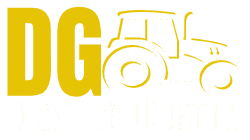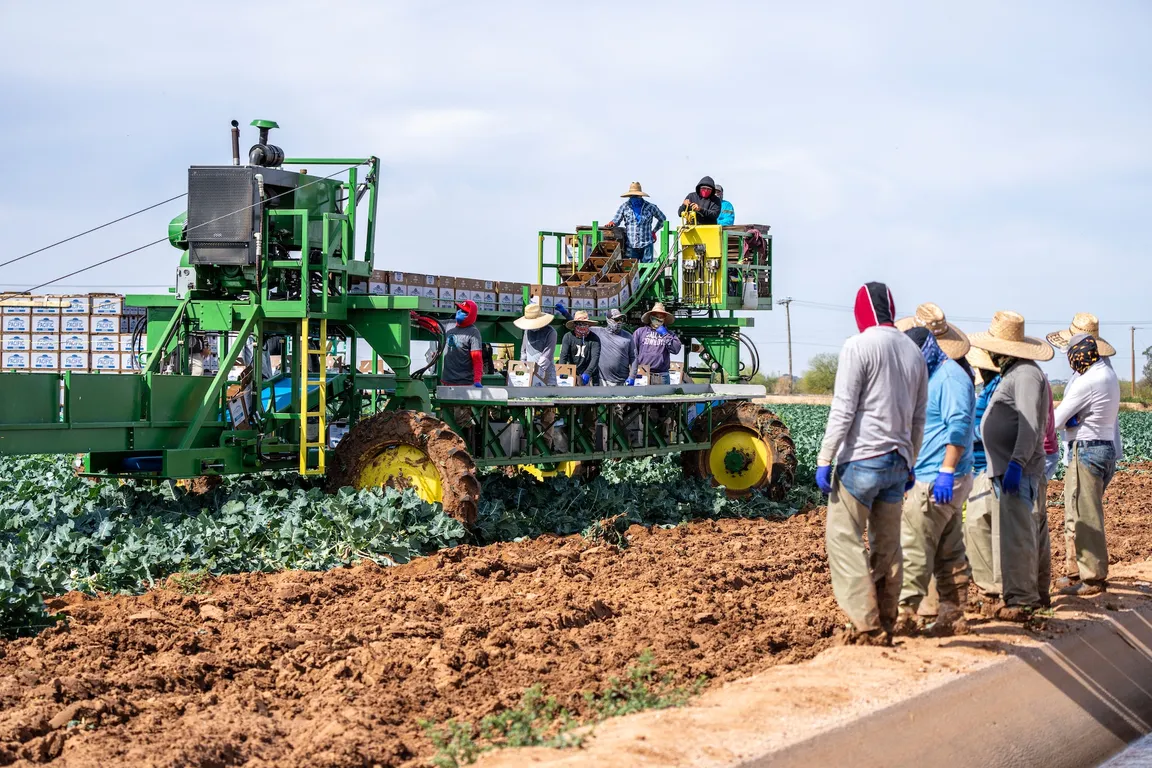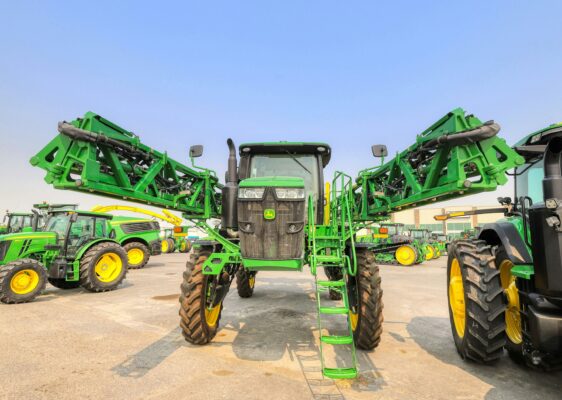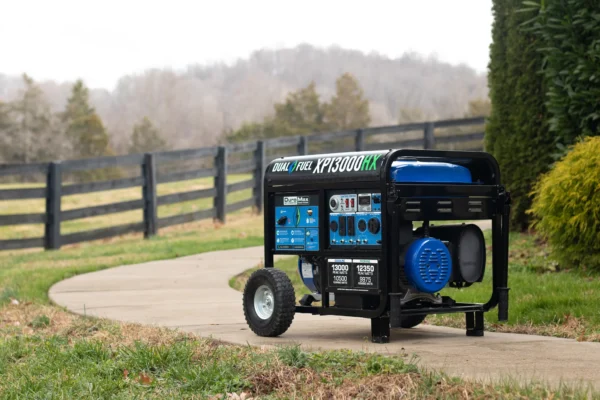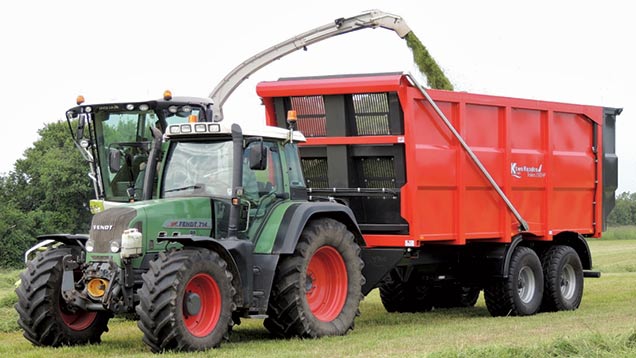Agricultural equipment is the backbone of modern farming. From tractors and generators to planters and trailers, these machines work hard season after season — often under tough conditions.
Proper maintenance is essential to keep your equipment running smoothly, avoid costly repairs, and extend its lifespan. Neglecting maintenance can lead to unexpected breakdowns right when you need your machinery the most.
Here are some essential maintenance tips every farmer should follow:
1️⃣ Perform Regular Inspections
Frequent inspections help you catch small problems before they turn into big ones.
Before and after each use:
- Check engine oil and top it up if needed.
- Inspect hydraulic fluid levels and look for leaks.
- Examine tires for proper pressure and visible damage.
- Ensure that belts, chains, and hoses are in good condition.
A quick walkaround inspection only takes a few minutes but can save you hours of downtime.
2️⃣ Keep Your Equipment Clean
Dirt, dust, mud, and crop residue can cause damage over time:
- Clogged radiators can cause engines to overheat.
- Built-up mud can lead to rust and corrosion.
- Plant residue can interfere with moving parts.
After each use, take time to clean your equipment:
- Use a high-pressure washer to remove dirt and grime.
- Wipe down electrical connections and sensitive components.
- Apply lubricant to moving parts where needed.
A clean machine not only looks better but runs more efficiently.
3️⃣ Follow Manufacturer’s Service Schedule
Every piece of agricultural equipment comes with a recommended service schedule — follow it closely!
This usually includes:
- Changing engine oil and filters at set intervals.
- Replacing fuel filters.
- Flushing the cooling system.
- Checking and adjusting brakes, steering, and clutches.
- Servicing air filters.
Ignoring regular service can shorten your equipment’s life and lead to expensive repairs.
If you’ve lost your manual, many manufacturers provide service guides online or through authorized dealers.
4️⃣ Sharpen and Replace Wear Parts
Many implements — such as plows, tillers, and mowers — have blades or tines that wear out over time.
Operating equipment with dull or damaged parts can:
- Lower efficiency.
- Increase fuel consumption.
- Cause poor-quality work.
Inspect wear parts regularly and sharpen or replace them as needed. Keeping these components in top shape helps your equipment perform at its best.
5️⃣ Store Equipment Properly
Proper storage protects your investment when equipment is not in use.
- Store machines under cover or in a shed to prevent rain and sun damage.
- If storing long-term, drain fuel or add stabilizer to prevent fuel system issues.
- Disconnect batteries and keep them in a cool, dry place.
- Apply anti-rust treatments to metal surfaces.
Good storage habits prevent corrosion, electrical issues, and other problems that arise when equipment sits idle.
Final Thoughts
Well-maintained agricultural equipment saves time, money, and frustration. It also delivers better performance and extends the life of your valuable machines.
By making maintenance a regular part of your routine, you ensure that your equipment is ready to work whenever you need it.
👉 Need quality spare parts or maintenance supplies?
Shop our wide range of genuine agricultural parts and accessories here!
Your equipment works hard — take care of it, and it will take care of your farm.
